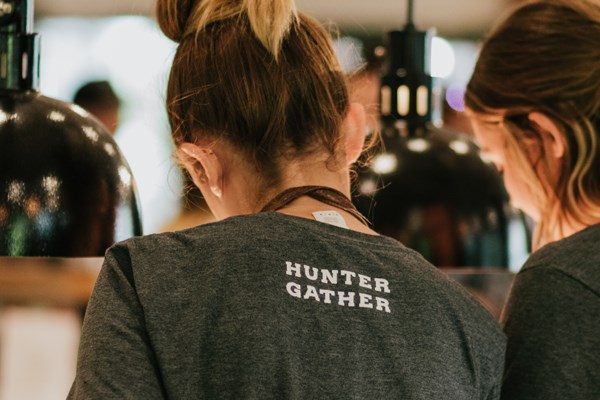For a few months now, I’ve been pondering a question that has seemed to grow more pressing in recent months: Is Whistler still a desirable place to live and work?
It may seem a fatalist question to ask, especially as I stare out my office window on one of those classic summer days, the light playing off the snowcapped mountains that beckon to us all year-round.
But on a more practical level, it’s a question anyone who cares about the future of this resort should be taking seriously. After all, we are only a few weeks removed from the merciful conclusion to a four-month transit strike that made living here for the scores of frontline workers without reliable transportation that much harder than usual. We are only three months removed from the closure of one of only two remaining family medical practices in town, exacerbating a doctor shortage that was already bad enough as is—an estimated 40 per cent of Whistlerites were without a family physician even before Town Plaza Medical Clinic shuttered its doors this spring. We’re only 10 weeks removed from a comprehensive, provincially mandated analysis of our current and projected housing supply, which found that more than 90 per cent of Whistlerites can’t afford to buy an average market property in their own town. Add to that the other persistent challenges that have long faced both Whistler and other high-profile global destinations—an intensifying labour shortage, a dramatic increase in demand for social services, and rising unaffordability and inflation spring to mind—and it’s hard to make the argument that Whistler is as attractive as it once was to set down roots.
Of course, as a town, we tend to have a short memory, the consequence of living in an ever-changing tourism hotspot, and I can already hear the local long-timers reading this shouting about how Whistler has survived worse in the past and come out all the better for it.
That may be true, but it misses some important context: Not only is Whistler no longer the laidback, devil-may-care hippie haven that it was in decades past, the world surrounding it has also changed immensely.
We live in a digital age in which your next epic adventure is just an Instagram scroll away, making the world a much smaller place and widening options for the enterprising foreign worker. Whistler’s unparalleled outdoor and recreational offerings simply aren’t enough of a draw on their own anymore when there are countless other desirable destinations to choose from. Offering staff housing so workers have a place to lay their head when they get here is also not enough, especially after the past two-plus years of COVID has pushed so many of us to reimagine our work-life balance and take a hard look at what it means to build a meaningful career—not just something to pay the bills.
Local business owners have long understood this, and it’s why so many resort companies offer an array of perks, everything from ample vacation time to free ski passes, to help sweeten the deal for potential hires. This is a good place to start, and at least one of the ways to make life outside of work a little more enjoyable for the frontline workers that allow this town to run. But business owners would do well to look at what they’re offering employees during work hours, too.
We talk so much about the amazing work-life balance in this town, which I find somewhat ironic considering most Whistlerites I know in my age range work soul-crushing retail or hotel jobs—sometimes more than one—just so they can have the freedom to hit the mountain on a pow day or rip up the bike park after their shift from time to time. We work hard and play harder, but I challenge this notion that just because you work in a tourist town for a season or two you should accept you won’t enjoy your job.
The renowned team behind Wild Blue, the anticipated fine dining restaurant set to open next week in the village, has taken this into account when building its core team. The space contains a sizable staff lounge, replete with spa-like amenities, a ping-pong table, a sizable library, and hell, even a ski boot dryer. These are the kinds of small perks that won’t necessarily be the main selling point to a new hire, but you can bet they are part of a wider strategy at Wild Blue to create the kind of staff culture that means going to work won’t be a chore, but something to look forward to.
It won’t solve the systemic issues that face not just Whistler but tourism hotspots the world over, but it’s a sign that local employers are increasingly recognizing that a job should be so much more than just a paycheque and a staff bed.




